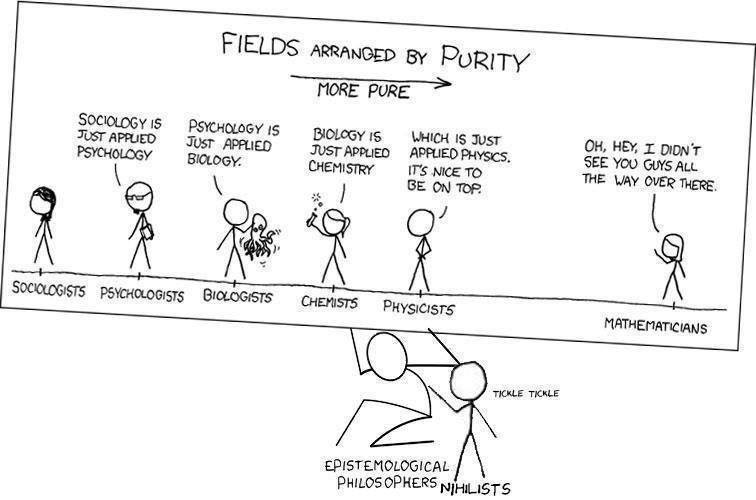This question is based on the assumption that the information on Wikipedia on existential nihilism is correct.
I mean to question the validity the following text, quote:
Existential nihilism is the philosophical theory that our life has no intrinsic meaning or value. With respect to the universe, existential nihilism suggests that a single human or even the entire human species is insignificant, without purpose and unlikely to change in the totality of existence.
In particular the 2nd sentence:
With respect to the universe, existential nihilism suggests that a single human or even the entire human species is insignificant, without purpose and unlikely to change in the totality of existence.
With the first sentence I agree:
Existential nihilism is the philosophical theory that our life has no intrinsic meaning or value.
Let me first explain why I agree with the first sentence; I think meaning, value and purpose are subjective. In the literal sense: it requires a mind to exist. A mind that performs equations and information processing. So just living, without performing evaluations whether something is of value to you, someone else, an organism, the world, whatever, doesn't intrinsically have meaning.
To state a simple example: when I walk by a bill of €50, but I do not notice it, it has no value to me. Only when I see it, can I start performing the evaluation of what it is and what it means to me. To make it more clear: if I would not have any money at all anymore, and I haven't had any food for weeks, this €50 could mean the difference between life and death because I could buy food.
So on to the second part, which I question the validity of:
existential nihilism suggests that a single human or even the entire human species is insignificant
This cannot be stated as objectively true, as it also requires a mind to perform the evaluation of significance. Hence it requires a mind for the outcome to exist. Hence it cannot be suggested as fact whether the human species is insignificant or not, from the perspective of the universe, as the universe is incapable of performing such an evaluation, assuming the universe has no mind of its own. So if one would pose the question "what does a human mean for the universe?", than that question is actually invalid in my opinion. It is functionally not even possible to execute, because the universe cannot execute it. If the question is executed anyway, than it would be executed by a mind of a person, falsely concluding that a human is insignificant for the universe.
So is the conclusion correct that existential nihilism draws the false conclusion that humanity is insignificant?

